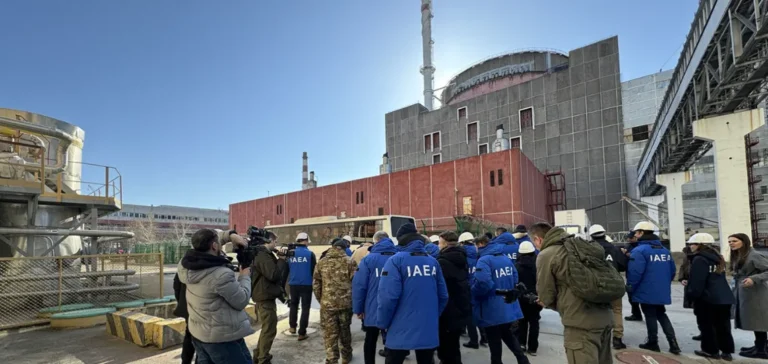Russia has officially requested the International Atomic Energy Agency (IAEA) to help resolve a complex dispute regarding American nuclear fuel stored at the Zaporizhzhia nuclear plant. This plant, the largest in Europe, has been under Russian control since March 2022 and has been fully shut down since September of that year. Central to the dispute is nuclear fuel provided by the American company Westinghouse Electric Company, stored at the site. Moscow wishes to restart the plant, but the status of the American fuel presents a significant obstacle to resuming operations.
Intellectual Property Issues
Alexey Likhachev, Director General of the Russian nuclear corporation Rosatom, explicitly stated that his country is prepared either to use the Westinghouse fuel currently stored at Zaporizhzhia or to return it to the United States. However, Washington cites intellectual property issues, complicating any rapid decision about the fuel’s future. Given this impasse, Russia hopes the IAEA can mediate between the two nuclear powers to quickly reach an operational solution and facilitate the plant’s restart.
The IAEA, represented by its Director General Rafael Grossi, has already expressed willingness to act as mediator in this complex issue. Nonetheless, the IAEA’s Director General clearly stated that, as of today, the minimum technical conditions required for a restart have not been met. The agency specifically highlights two unmet critical prerequisites: electrical grid stability and sufficient cooling water supply. These elements must be firmly in place before any effective restart of the nuclear reactors can be contemplated.
Technical Initiatives on the Ground
In parallel with diplomatic efforts, Russia is actively advancing technical initiatives aimed at potentially resuming operations at the Zaporizhzhia plant. A floating pumping station, with a capacity of 80,000 cubic meters of water per hour, is currently under construction to compensate for the significant water supply loss caused by the destruction of the Kakhovka dam in June 2023. Furthermore, Moscow is installing new high-voltage electrical lines to connect the plant directly to the Russian power grid, a strategic action intended to secure its future energy supply.
Despite these technical initiatives, the IAEA reports no concrete indications of an imminent restart. Additionally, the security situation surrounding the plant remains unstable, marked by ongoing military clashes in the region and mutual accusations of shelling between involved parties. Within this uncertain context, quickly resolving the issue of American fuel appears essential yet insufficient on its own to guarantee the resumption of nuclear activities at the site.






















